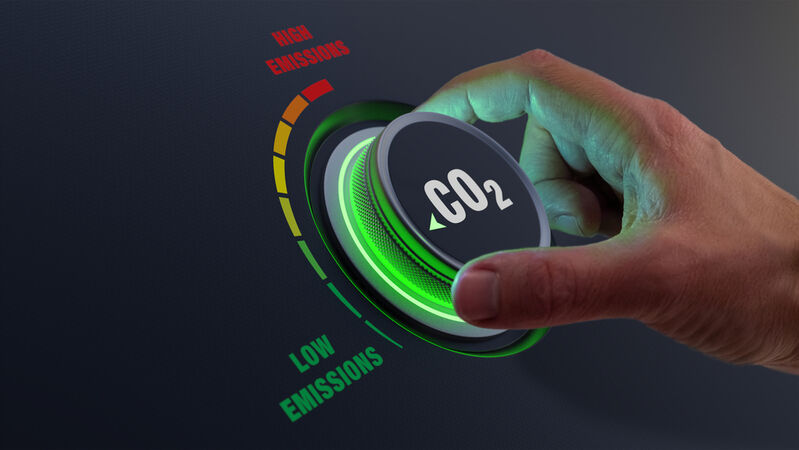According to a Goldman Sachs analyst, the global economy is about to enter a new stage of growth driven by the development of artificial intelligence (AI) and decarbonization initiatives.
According to Goldman Sachs analyst Peter Oppenheimer, the 1980s saw the beginning of the current economic super cycle, which is marked by a period of fast increase. After borrowing costs peaked, there was nearly 35 years of low interest rates, industry deregulation, and globalization that all contributed to this period of significant growth.
But the next super cycle won’t be dependent on the same components. For instance, interest rates are not falling sharply, and globalization is being questioned. Oppenheimer nevertheless sees promise in emerging forces like the growing impact of AI on productivity and decarbonization efforts.
The rise in artificial intelligence (AI) last year helped tech companies take the lead in the market, resulting in triple-digit increases in stock prices for companies like Nvidia (NASDAQ:NVDA) and Meta (NASDAQ:META). Wall Street is still optimistic about AI’s potential impact on markets even after a difficult start to 2024.
Furthermore, Oppenheimer asserts that, in comparison to tech behemoths from previous bubbles, those companies at the “epicenter” of the boom seem reasonably priced. They’re already far more profitable, he continues. Thus, he believes this is a narrative that will continue and have a significant impact for a while.
The second half of this new growth cycle is the decarbonization story. Warming temperatures are forcing economies to modernize and reorganize, which usually signals the start of a period of economic expansion.
Why It Matters: Oppenheimer’s team stated that AI technology was still in its infancy and had the ability to continue outperforming in the future, dispelling Goldman Sachs’ 2023 debunking of the fears of an AI bubble. A possible bubble in the AI sector was being discussed at the time of this report because of the strong performance of equities in the industry.
A Goldman Sachs report projects that by 2025, investments in AI would total $200 billion worldwide and $100 billion in the United States. It was expected that the majority of these investments would come from higher costs for AI-enabled software and hardware investment for training AI models.













